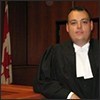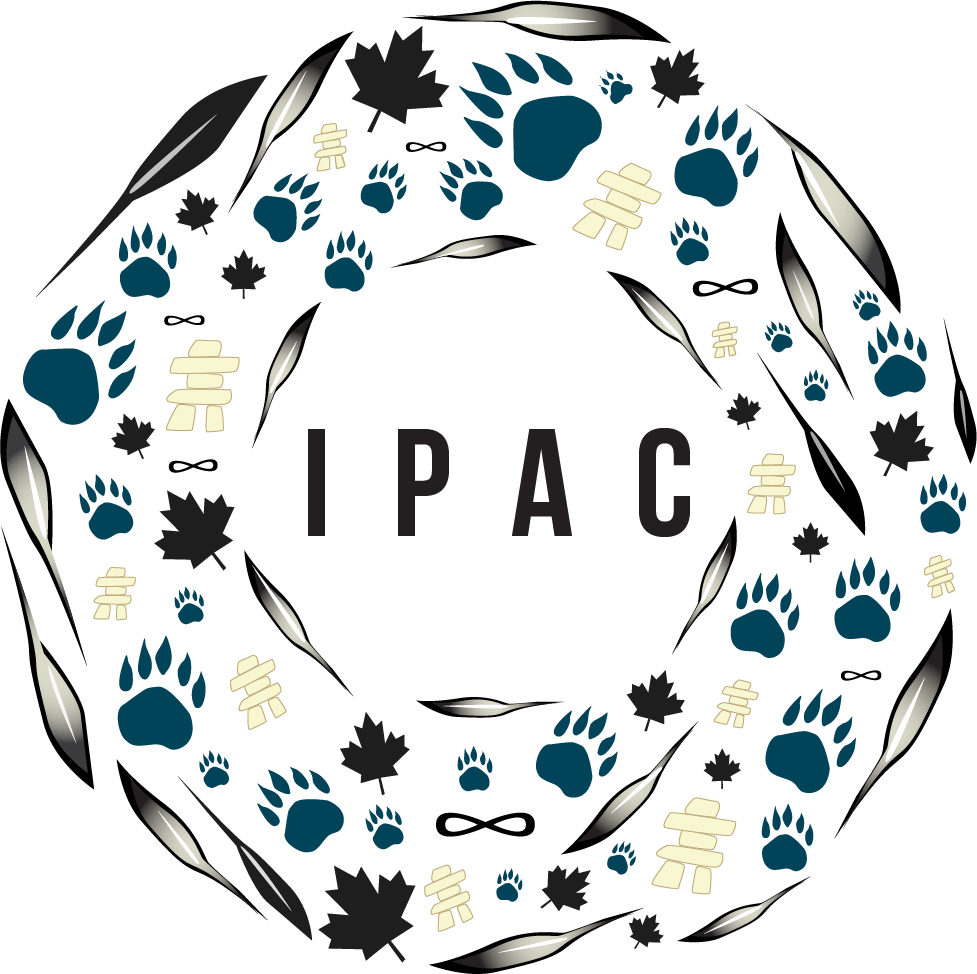RECOGNIZING EXCELLENCE - JAMIE HAMMERSMITH

Describe your job in just under four sentences.
Cree-Métis lawyer specializing in Aboriginal law, residential schools litigation and tax litigation. Jamie is from Prince Albert, SK.
I grew up in a very political family and that sparked my interest in political studies. While studying for my B.A. I became very interested in the criminal justice system and its troubled dealings with Aboriginal people. I had originally aspired to be a criminal defence lawyer, but I became fascinated with Aboriginal law while in law school and during my first years of practice.
What do you enjoy the most about your job? What aspect makes you learn the most while on the job?
I greatly enjoy guiding people through the legal process so that it becomes useful and beneficial to them rather than being something to be fearful of and apprehensive about. I learn most from files that require heavy research.
Where do you see yourself in 5 years?
In 5 years I see myself still practicing Aboriginal law in the private sector and I would eventually like to become a judge.
What does success look like to you?
To me, success is about balance. I am a devoted husband and father of 3 children and must effectively balance family time with professional time in order to achieve true success. I pour my heart and soul into both my professional life and family life, but it’s a constant juggling act to maintain an even balance between both. However, this is my definition of success and it’s not for everyone. Some people define success purely on a professional level, and that’s fine if that’s what they aspire to. Personally, though, I don’t want to be remembered simply as a good lawyer, but also as a good father, husband, son, brother and friend.
What has been the most outstanding moment thus far in your career?
There have been many memorable moments so far in my career, but the most outstanding moment will always be the day that I was called to the bar as a lawyer. That moment was the culmination of years of hard work and countless daily struggles. Achieving my B.A. and J.D. was an enormous triumph of hard work, time management and financial planning. I worked part-time throughout university and endured many 16 hour days and all nighters. After university, my articling year was an even greater challenge. Each daily struggle was a step towards the ultimate goal of becoming a lawyer, so the day that happened still stands out as the most outstanding moment in my career.
Do you volunteer? If so, where and why is that important to you?
I did volunteer while I was in university, but haven’t had enough time since becoming lawyer due to the high demands of my profession and my very busy family life. I volunteered in the area of affordable housing and that is still an area of great concern to me. Once I have time to start volunteering again, I hope to get involved with affordable Aboriginal housing initiatives, especially with respect to urban Aboriginal housing.
Do you have any advice for other Indigenous professionals in Canada?
My advice to other Aboriginal professionals in Canada would be to pursue a career in an area you are passionate about. I have practiced law in many different areas and was never truly fulfilled in a professional way until I focused my work on things that inspire me and that I am passionate about. Get involved in things that interest you and that trigger your mind and intellect. Success in any field requires motivation and hard work, and it’s much easier to become motivated and successful when your interests and passions become ignited by the field that you are working within.
What do you think is the most unique challenge for an Indigenous person in your industries?
In my view, the most unique challenge for an Aboriginal person in the legal profession is reconciling our Aboriginal traditions and values with those of the Canadian legal system. It’s easy to lose sight our traditions, values and belief systems whilst navigating our way through the foreign and complex Canadian legal regime. I have found that Aboriginal traditions and values can be brought to bear upon my work as a practicing lawyer, but it’s a constant challenge to keep these things in the forefront of my mind and to have the courage and confidence to assert them when the time is right. The other big challenge for Aboriginal lawyers is belief in one’s self. As Aboriginal lawyers, we have more to overcome than non-Aboriginal lawyers. There are still those who display poor attitudes towards us simply because we are Aboriginal. It can be difficult to overcome those poor attitudes, both within ourselves and with others, but it can be done through courage, confidence, poise, professionalism and understanding. If we are confident within ourselves we are more likely to be treated with professionalism, respect and dignity by others.
What made you interested in joining the Indigenous Professional Association of Canada and why would you encourage others to join?
I wanted to join IPAC because I see it as a tremendous opportunity for Indigenous professionals to network and connect. We are more likely to succeed with the support of others who are pursuing similar goals so it’s a great opportunity for Indigenous professionals to form a sense of community, understanding and support.

